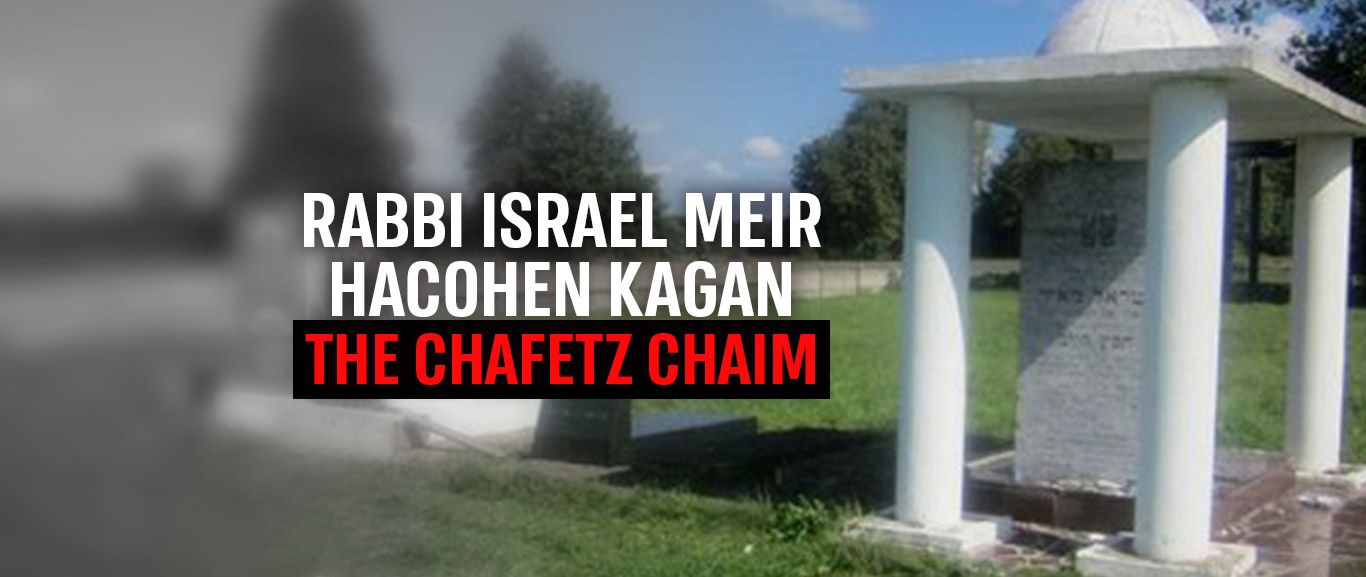
Rabbi Israel Meir HaCohen Kagan-The Chafetz Chaim
Date of Passing: 24-Elul. Rabbi Israel Meir HaCohen Kagan is commonly known as the "Chafetz Chaim," the name of his famous work on guarding one's tongue...

Died: 1933 (5693) Radun, Wilno Province in Poland (now Belarus), 1933
As a 9-year-old boy, Yisrael Meir HaKohen Kagan entered the great yeshivah in Vilna, where he soon gained a reputation as a genius. He grew not only in wisdom but also in piety. As he matured into manhood, his unselfish devotion to others and uncompromising honesty set an example for his generation and all generations that were to follow. After marrying at 17 years of age, he continued his Torah studies in spite of extreme poverty, spending every waking moment engrossed in the holy books. The Chafetz Chaim, who refused to accept a post as rabbi, opened a general store. His wife, insisting that he continue his Torah studies, managed the store. The Chafetz Chaim supervised the absolute accuracy of the weights and measures, the quality of the merchandise, and the fairness of the prices, to make certain that no one was deceived or overcharged in any way.
In 1869 he founded the Yeshivah of Radin, which attracted students from all over Europe. His book Chafetz Chaim, made a profound impact on Torah-observant Jewry. It is a compilation of the laws concerning lashon hara-spreading gossip and slander, a grave offense that is often ignored. The title Chafetz Chaim is based on the verse, “Who is the man who desires life, who loves many days that he may see good? Guard your tongue from evil and your lips from speaking deceit” (Psalm 34:13) (chafetz chaim translates as “desires life”). Thanks to the Chafetz Chaim’s writings, a growing awareness has emerged of the harmful effects and the seriousness of lashon hara.
A major achievement was his work Mishnah Brurah, a comprehensive commentary on the Orach Chaim section of the Shulcan Aruch, which deals with the general laws of daily conduct, such as prayers, tefillin, blessings, Shabbat, and Festivals. Mishnah Brurah explains these laws and their application in present-day situations. It consists of 6 volumes and took 25 years to complete. Since its publication, Mishnah Brurah has enjoyed extraordinary popularity. It is a part of virtually every Jewish home library, its pages consulted daily by scholars, students, and laymen alike.
The emigration to America made him fearful for the well-being of Judaism in places where Jewish settlements were not well organized. He recognized the trials of the new immigrants and to fill their needs he wrote Nidchei Yisrael, (Dispersed of Israel), replete with detailed laws specifically related to the new life of the émigrés and heartfelt words of inspiration and encouragement to strengthen them in overcoming obstacles and preserving their Judaism. And his caring eye observed the young conscripts forced to live far from any semblance of Jewish life and desperately in need of special guidance. For them he composed Machne Yisrael (The Camp of Israel).
His book Machaneh Yisrael offers advice to Jewish soldiers on how to observe Jewish traditions in the army, as well as special prayers to be said before going into battle.
The Chofetz Chaim was a true leader of his people, caring for their needs, bearing the burden of each one of them.
May the merit of the tzaddik The Chafetz Chaim protect us all, Amen.
Related Reading
- Life-Giving Medicine – Stories about the Chafetz Chaim (Children’s book in Breslev Store)
- Junior Chafetz Chaim – Here is an easy-to-understand English adaptation of Sefer Chafetz Chaim that sticks as closely as possible to the actual words of the holy Chafetz Chaim. (Tweens’ and teens’ book in Breslev Store).
- The Chafetz Chaim’s Hitbodedut – People think that hitbodedut – personal prayer – is some kind of Breslev nuance. The Chafetz Chaim spent two hours a day in personal prayer and implores others to do the same.
- The Priceless Five Minutes – The student almost choked when he overheard the Chafetz Chaim chastising himself: “Yisroel Meir, where are the five minutes? What did you do with the five minutes?”
- The Bill Is on the Table – Hashem gave the Chafetz Chaim the privilege of seeing Divine justice fully manifest itself in this world. Read about two events in Radin when he was Rosh Yeshiva.



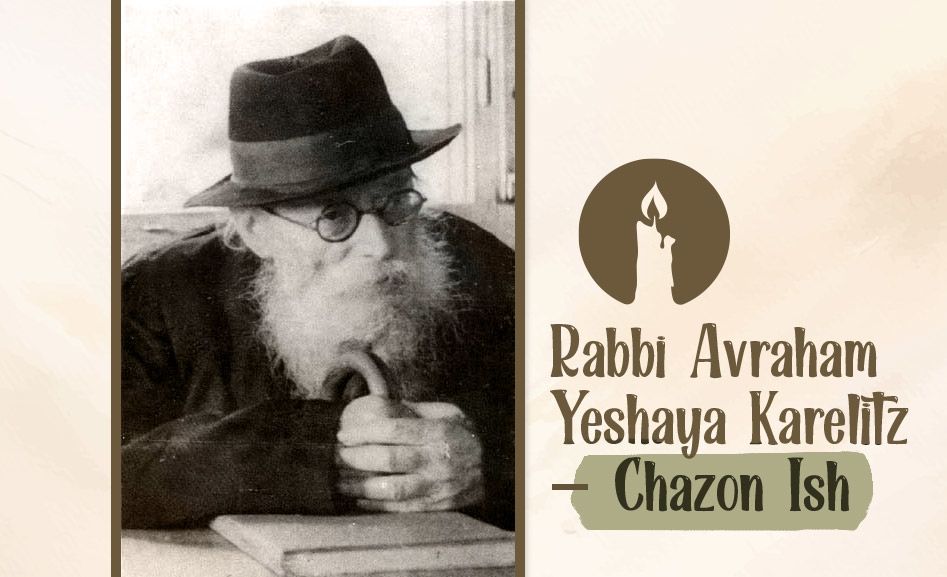

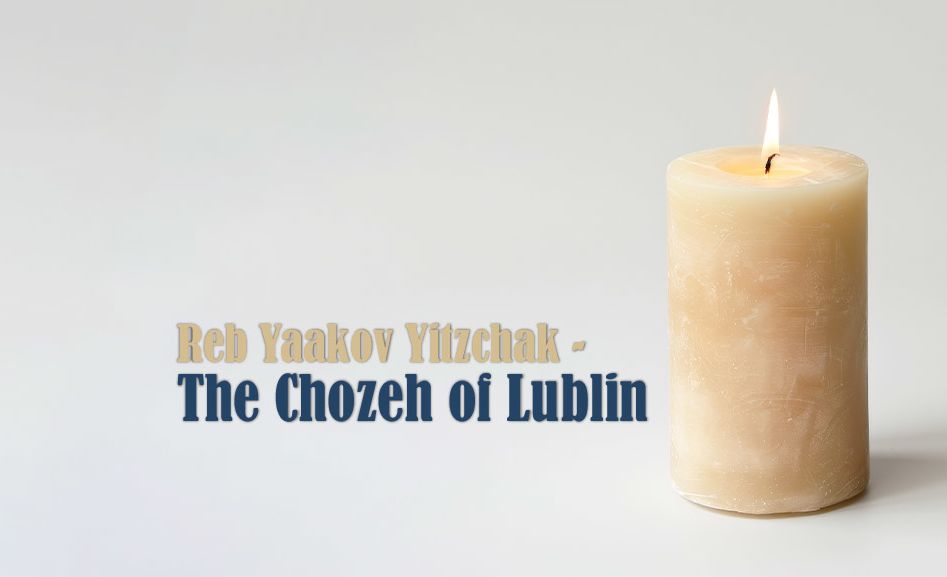
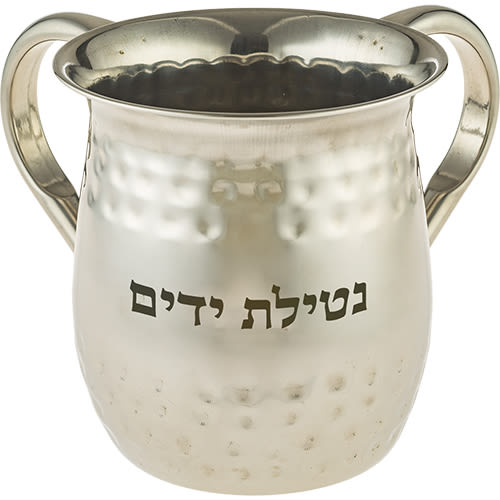
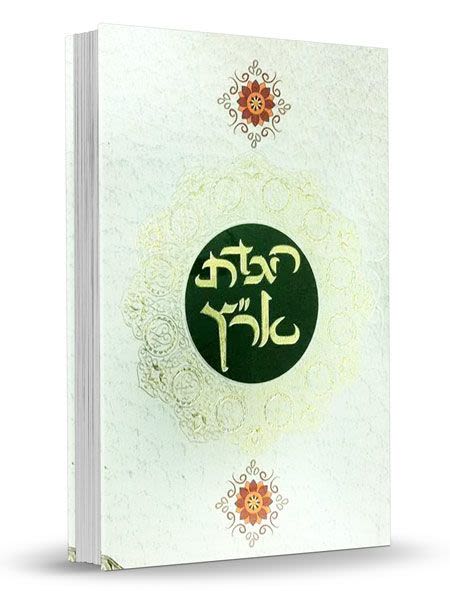
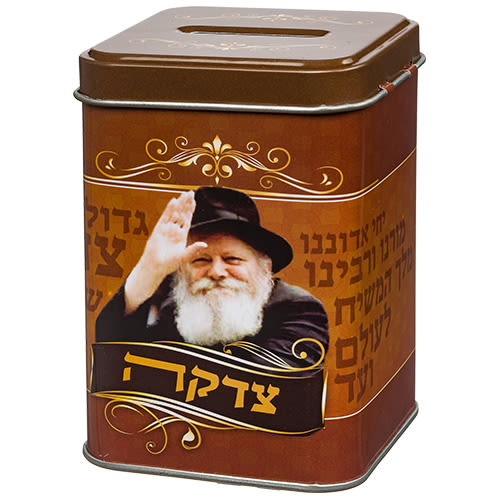
Tell us what you think!
Thank you for your comment!
It will be published after approval by the Editor.